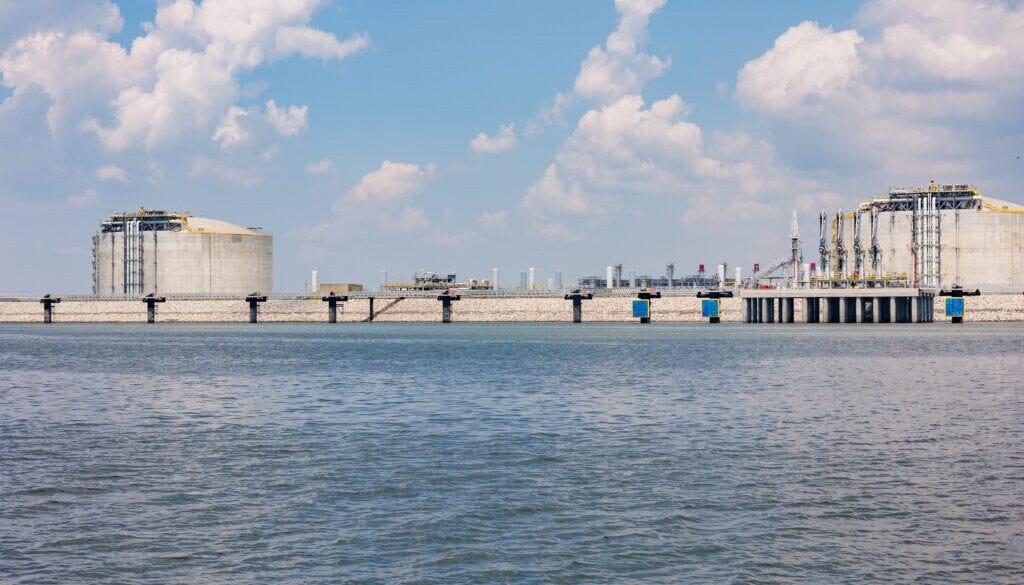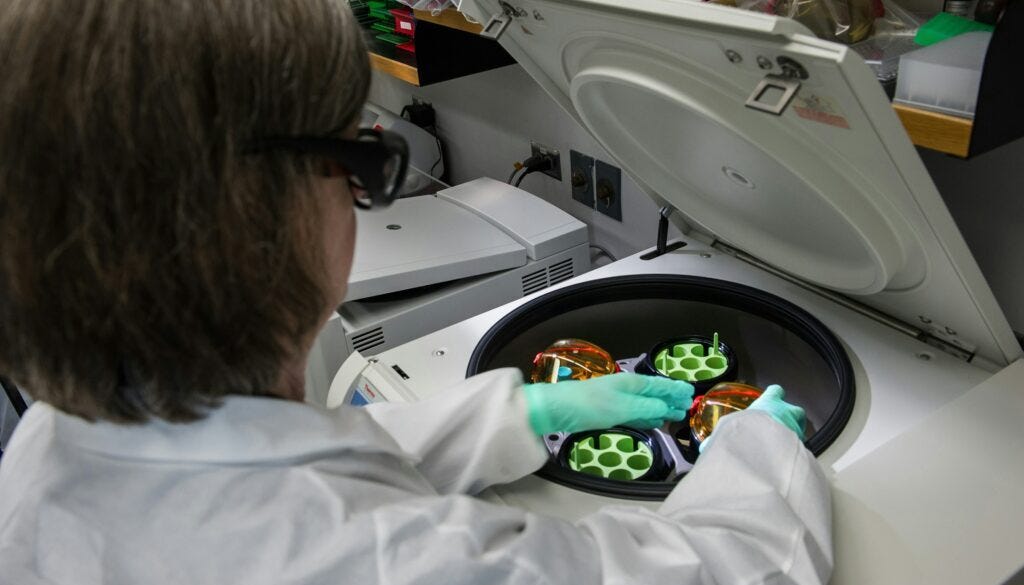Must-read recap: The New Lede's top stories
EPA rushed to approve dicamba in 2020 despite scientific concerns; Biden hits the brakes on controversial gas export projects; heavy metal exposure linked to problems for middle-aged women.
EPA rushed to issue 2020 dicamba approval despite scientific concerns, documents reveal
In December 2021, a small team of scientists working for the US Environmental Protection Agency (EPA) issued a stark report on a controversial weed killer that had been the subject of years of complaints from farmers and environmentalists.
Despite new restrictions, the government scientists confirmed that the damage from the weed killer known as dicamba was nearly impossible to contain; once sprayed onto targeted farm fields where genetically engineered crops were designed to withstand the chemical, dicamba then easily and frequently moved far off target to harm millions of acres of other crops and endangered species. The agency scientists concluded that because of these broad risks, it was doubtful that dicamba, used on tens of millions acres of cotton and soybean crops in the U.S., could legally be kept on the market.
Despite the public acknowledgements of the problems posed by dicamba, the EPA has taken little action over the last two years to curtail its use. And now, as US farmers prepare for another growing season, dicamba spraying is expected to lead to costly crop damage on farms throughout the US Midwest and southern farming states, just as it has in prior years.
Documents obtained through an ongoing lawsuit against the EPA over its approval of dicamba show that the agency’s lack of action to address the documented harms of dicamba is in sharp contrast to the agency’s rush to renew approval of the chemical in 2020. (Read the rest of the story.)
Biden hits the brakes on controversial gas export projects
The Biden administration will temporarily pause pending applications for facilities that export natural gas, citing climate change considerations, the White House announced Friday.
The announcement, which comes after heavy pushback from environmental groups and affected Gulf communities, will put the brakes on eight new export terminals while the Department of Energy (DOE) reviews its approval process, including how to account for the impact of greenhouse gas emissions. The pause will not affect liquified natural gas (LNG) export terminals that are already operating.
“Today, we have an evolving understanding of the market need for LNG, the long-term supply of LNG, and the perilous impacts of methane on our planet,” said the White House in a statement. “We also must adequately guard against risks to the health of our communities, especially frontline communities in the United States who disproportionately shoulder the burden of pollution from new export facilities.”
“The pause, which is subject to exception for unanticipated and immediate national security emergencies, will provide the time to integrate these critical considerations,” the White House statement said. (Read the rest of the story.)
Heavy metal exposure linked to problems for middle-aged women
Women with higher exposure to heavy metals may have fewer eggs in their ovaries as they near menopause compared to others the same age, a condition linked to hot flashes, weak bones, heart disease, and other health problems, according to a new study in more than 500 middle-aged women.
Exposures to cadmium, arsenic, and mercury, in particular, were linked to lower levels of a hormone that strongly correlates with the number of eggs left in a woman’s ovaries, according to the study, which was published Jan. 25 in The Journal of Clinical Endocrinology & Metabolism.
“Our findings suggest that even low exposure to these ubiquitous metals may influence women’s reproductive health,” said Sung Kyun Park, a professor of epidemiology and environmental health science at the University of Michigan and an author of the study.
“Although individual women may reduce exposure by avoiding foods contaminated with toxic metals and limiting the use of the known sources of metals, a more important approach is to reduce exposure at the population-level through legislation and regulations,” he added. (Read the rest of the story.)





